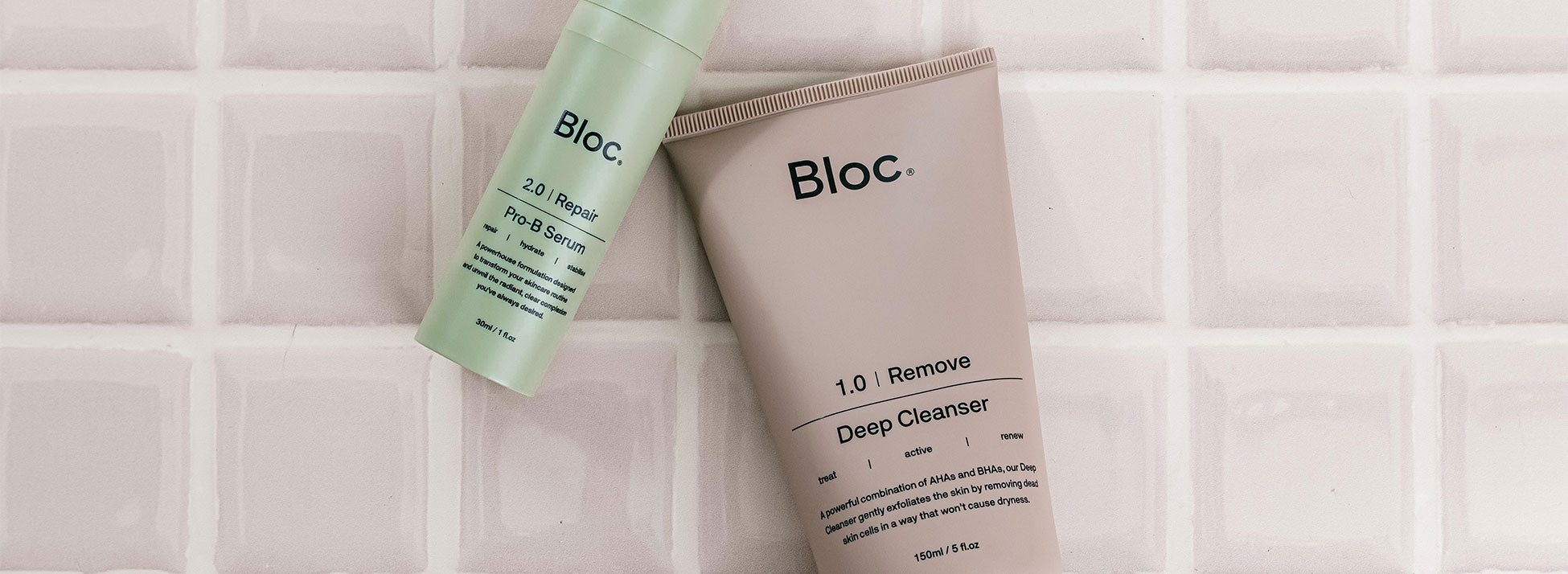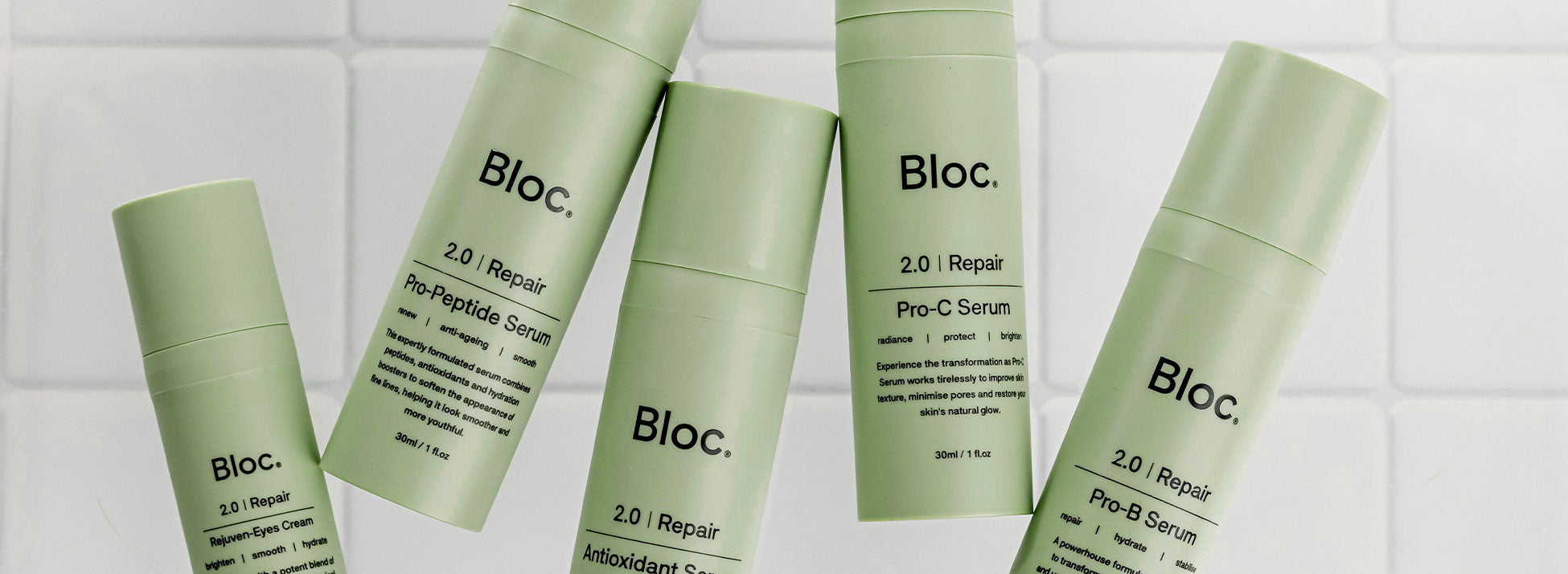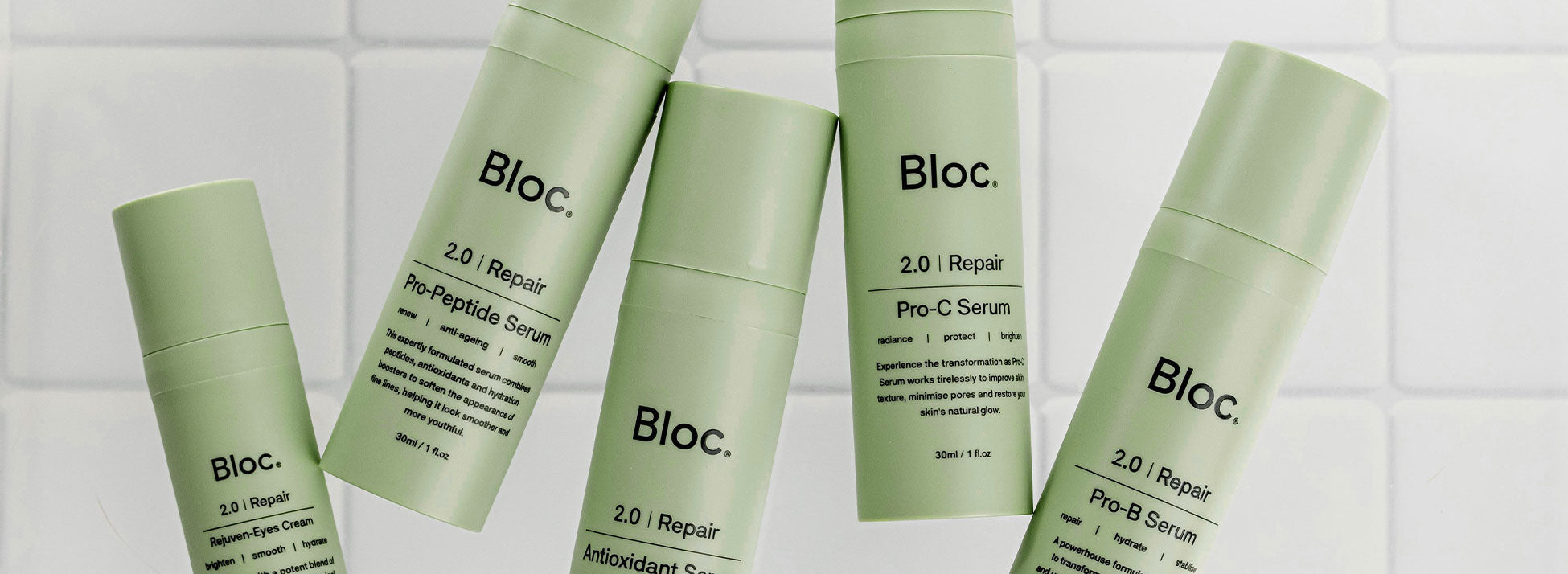Sensitive skin can be challenging to manage, often feeling like a constant battle against redness, inflammation, and irritation. Understanding the common signs of sensitive skin and incorporating the right ingredients into your skincare routine can make a significant difference. In this blog, we’ll explore the signs of sensitive skin and how ingredients like niacinamide, vitamin C, and jojoba oil can help soothe and care for it.
Common Signs of Sensitive Skin
Sensitive skin can manifest in various ways, often as a response to environmental factors, stress, or specific skincare products. Here are some common signs to look out for:
- Redness: Persistent redness can indicate inflammation and sensitivity.
- Dryness and Flakiness: Sensitive skin often lacks adequate moisture, leading to dryness and flakiness.
- Burning or Stinging Sensations: Some products can cause an immediate stinging or burning sensation upon application.
- Itchiness: Itchy skin can be a response to irritation or an allergic reaction.
- Breakouts and Bumps: Sensitivity can lead to breakouts or small, red bumps, particularly when exposed to harsh ingredients or irritants.
Understanding these signs can help you tailor your skincare routine to better meet the needs of your sensitive skin.
Key Ingredients to Soothe and Care for Sensitive Skin
Incorporating specific ingredients known for their soothing and healing properties can help manage sensitive skin effectively. Let’s explore how niacinamide, vitamin C, and jojoba oil can benefit your skincare routine.
Niacinamide Benefits:
- Anti-inflammatory Properties: Niacinamide helps reduce inflammation, calming red and irritated skin.
- Strengthening the Skin Barrier: It enhances the production of ceramides, which are essential for maintaining the skin’s barrier and retaining moisture.
- Regulating Oil Production: By balancing oil production, niacinamide can prevent clogged pores and reduce the risk of breakouts.
- Improving Skin Tone and Texture: It reduces hyperpigmentation and blotchiness, resulting in a more even skin tone.
Vitamin C Benefits:
- Anti-inflammatory and Antioxidant: Vitamin C reduces inflammation and protects the skin from free radicals, preventing further damage.
- Collagen Production: It boosts collagen synthesis, improving skin resilience and reducing irritation.
- Reducing Redness and Hyperpigmentation: Vitamin C helps to even out skin tone by inhibiting melanin production, reducing redness and discolouration.
Jojoba Oil Benefits:
- Anti-inflammatory and Moisturising: Jojoba oil soothes inflammation and provides deep hydration without clogging pores.
- Skin Barrier Repair: It strengthens the skin’s natural barrier, protecting against irritants and preventing moisture loss.
- Antibacterial Properties: Its mild antibacterial effects can help prevent infections and reduce acne-related redness and inflammation.
Tips for Managing Sensitive Skin
In addition to incorporating these beneficial ingredients, here are some general tips to help manage sensitive skin:
- Patch Test New Products: Always perform a patch test when trying new skincare products to ensure they don’t cause irritation.
- Avoid Harsh Ingredients: Steer clear of products with alcohol, fragrance, and harsh exfoliants that can exacerbate sensitivity.
- Maintain a Simple Routine: Stick to a simple skincare routine to avoid overwhelming your skin with too many products.
- Use Lukewarm Water: Wash your face with lukewarm water instead of hot water, which can strip the skin of its natural oils.
- Sun Protection: Use a gentle, broad-spectrum sunscreen daily to protect sensitive skin from UV damage.
By understanding the signs of sensitive skin and incorporating soothing ingredients, you can create a skincare routine that nurtures and protects your skin. Remember, consistency is key, and with the right approach, you can achieve a calm, healthy complexion.










